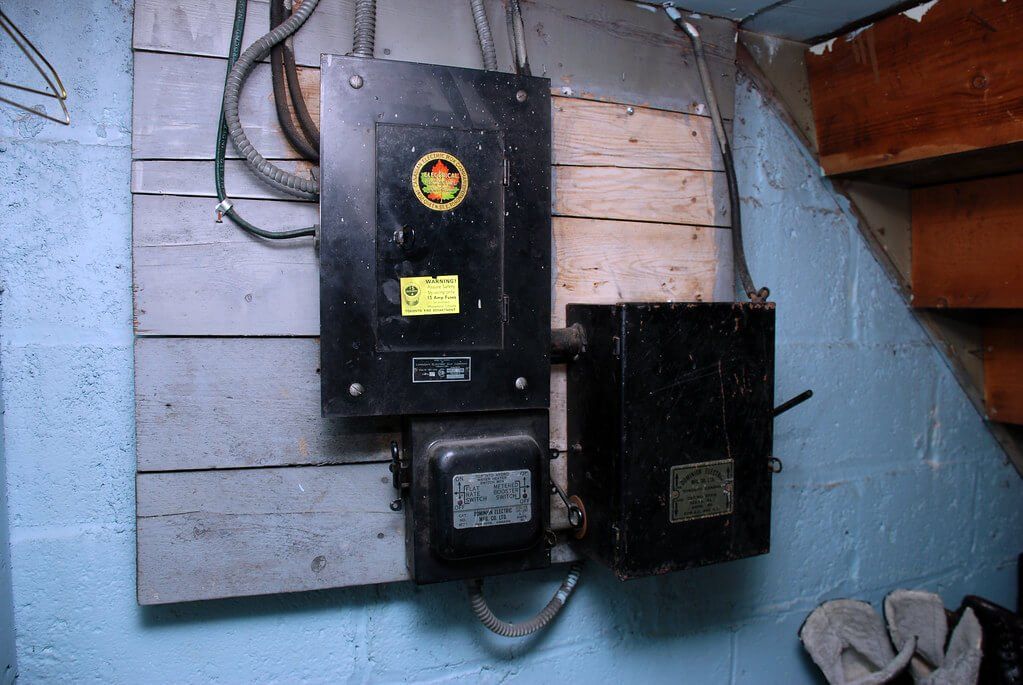Selling a House Will affect your taxes, but not in the way you might think
When you sell a house, the difference between what your home is worth and how much you paid for it affects your taxes. You might have to pay capital gains tax if you've made more than $500,000 in profit from selling your home.
The U.S government sets this limit so that homeowners don't make too much money off their homes as they go through different cycles of building up equity and then cashing out on those profits when houses are at an expensive point again.
If sellers owe any debt on their old mortgage or properties like property taxes, state income tax, etc., these must be settled before they can receive their final settlement proceeds. People who bought real estate with financing will only get half of the cash immediately and the rest will be paid over the next few years.
Sellers who don't own their home or have enough equity in it might not qualify to sell, which means they'll need to find a new house and then go through all of these steps again.
If you're considering buying or selling a home, contact an accountant for help with your taxes
When you buy or sell a home, it affects your taxes. Whether the sale affects how much of a deduction you can take for mortgage interest and property taxes depends on what type of investment vehicle you use to purchase your new home. Your accountant can help make sure that this doesn't affect your tax situation too adversely when buying or selling a home.
You might also consult an attorney about any issues related to closing costs with either the seller's agent or buyer's broker before finalizing anything. If there are questions regarding recording fees, real estate transfer tax rates, etc., these may be addressed by an attorney as well since they're not typically part of the transaction between buyers and sellers but rather state laws that vary from one region to the next.
Many ways selling a home can affect your taxes
You may get a tax break for selling your home, or at least qualify for capital gains protections. If the profit from the sale of your house exceeds $250,000 as an individual (or $500,000 as a married couple), then up to 50% of that amount can be excluded from capital gains income and federal income tax due to certain rules associated with Section 121(a) of IRS code.
There are also other benefits related to selling your property such as not having any more mortgage payments after the closing date on the transaction; one less worry. Tax implications will depend heavily on how much money you make; the size of your gain from selling the property and where you live. A homeowner who sells a house may also get an exemption or exclusion from local property taxes in some areas such as San Francisco and New York City.
Our Recent Post
Get a Cash Offer for Your Home Today
Get Your No-Obligation All Cash Offer
Free Offer Form
We will get back to you as soon as possible.
Please try again later.
Sell My House 7
Main Office: Norwalk CT
Phone: (203) 793-4451
Email: info@sellmyhouse7.com
All Rights Reserved | Sell My House 7





